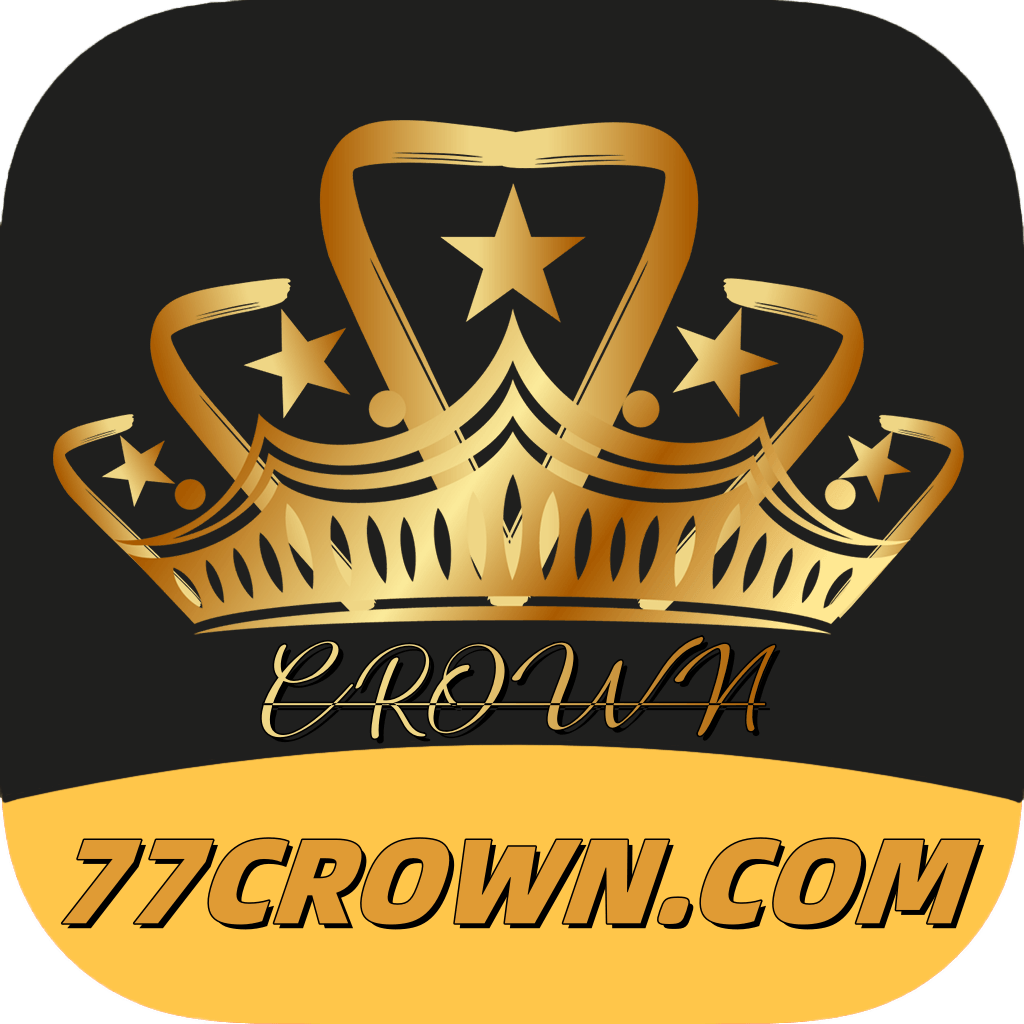Malaysia initially blocked Meta and Facebook over concerns about gambling and pornography, but has now decided to pull it out. In an update over the weekend, the Malaysian Communications and Multimedia Commission (MCMC) said Mark Zuckerberg’s company had been removed from the blacklist.

At the end of June, the Malaysian Communications and Multimedia Commission (MCMC) imposed the ban, highlighting the presence of “objectionable” content on Facebook. However, the platform’s handling of online gambling, religion and race-related publications raises a host of questions. The attack on the Malaysian royal family will only further exacerbate the situation.
Since then, Meta has actively worked with Malaysia to manage content usage in the country. In one case, however, it doesn’t appear to be extending its controls over fraudulent posts or impersonation to other regions.
Meta Plays Ball
Communications and Digital Minister Fahmi Fadzil noted in lifting the ban that Meta has been cooperating with the government. He highlighted Meta’s ongoing efforts with the Malaysian government, including working with regulators and law enforcement agencies, to address issues on its platform, particularly regarding inappropriate content.
Malaysia has a population of 330 million, and the Facebook registration rate is as high as 60%. This has made Facebook the dominant force in the country’s social media scene. However, there has been a recent decline in the app’s usage in the country, perhaps related to last month’s ban.
Fahmi claimed the government aims to uphold free speech but plans to regulate content involving race, religion and nationality. Malaysia faces significant racial and religious issues because of the country’s diverse population, which is mainly composed of Muslim Malays, but also minorities such as Chinese and Indians.
Fahmi is not unhappy with the government’s tightening of controls on free speech, vehemently denying that the recent removal of numerous social media sites and accounts has anything to do with the government. He said the closure of the pages or sites was likely the result of public complaints rather than government intervention, although the timing was questionable.
The pages have been removed in response to Malaysia’s upcoming local elections. In August, Prime Minister Anwar Ibrahim’s government will face a challenge from a coalition of Malay-Muslim parties seeking a more conservative government.
Malaysian law has strict prohibitions against insulting a sultan who is actively participating in ceremonies. In mid-July, less than a month before the elections, opposition leader Mohammad Sanusi Noor faced sedition charges for allegedly disrespecting the men.
Support illegal gambling in Malaysia.
Gambling is a taboo subject in Malaysia, as in many other Muslim countries. This means that a multi-billion dollar industry cannot be sanctioned because the government cannot demonstrate its ability to clamp down on the activity.
Malaysia has seen a number of recent illegal gambling crackdowns, including one last week, revealing the sheer scale of the industry. As part of a continuous crackdown, anti-graft police arrested three suspects a week ago on illegal gambling charges, while also confiscating their cash, gold and 17 luxury cars.
Officials have reportedly confiscated assets worth 38 million Malaysian ringgit ($8.4 million), with gold being the preferred option. They searched and seized 200 kilograms of gold with a street value of about $13 million.
A 42-year-old businessman, who has not been identified, was reportedly revealed to have funds of up to 500 million ringgit (US$110.85 million). He was released on bail after spending just one day in jail but now faces multiple charges, including money laundering, criminal conspiracy and illegal gambling.













